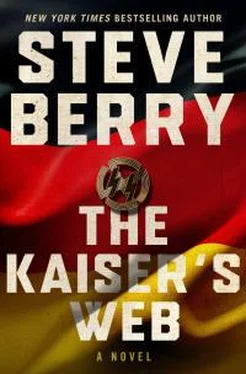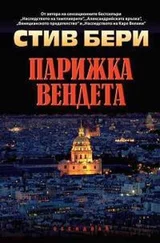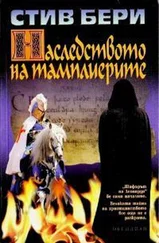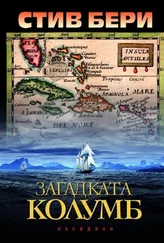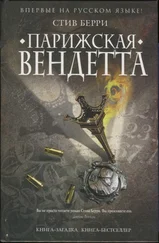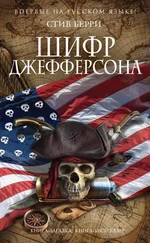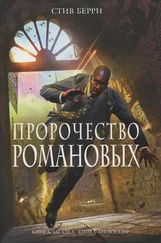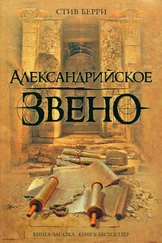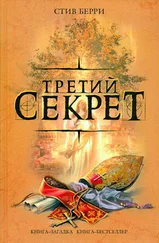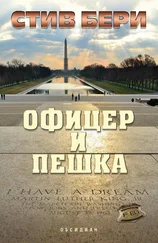The cool air was filled with an aromatic scent from thousands of cherry trees, a waft Cotton found inviting after the stifling heat and sulfuric stench of Bloemfontein. In one of the craft shops they learned that many of the workers from the nearby Highland Water Scheme lived in and around Nohana. The multi-dam project was just over the border, in neighboring Lesotho. He wanted to ask the clerk about the Sorenos and Gerhard Schüb but thought better. No use spooking the locals. They decided to take a few minutes and rest in a café across the street. The lady at the craft shop told them about some delicious Boer breads, pastries, and tea.
Inside the café, perched at a table beside the front window, they enjoyed a quick lunch. The car sat in sight, just outside the front window, the backpack with all their evidence locked inside.
“We have to handle this carefully,” he said.
Cassiopeia agreed. “We don’t want a repeat of Minsk.”
He grinned. “You don’t cut me a drop of slack, do you?”
“About as much as you cut me.”
He grinned. “Two strangers looking for people dead for decades will certainly raise warning flags.” He was keeping his voice low, though the café’s proprietor was busy in the kitchen and only a couple of other tables were occupied, both by couples who seemed interested only in themselves.
What was it about loving someone unconditionally? He and his ex-wife had once cared for each other that way. But something changed. Slow and steady. Which led to cheating and estrangement. On both their parts. What happened when two people shared everything? Was togetherness a precursor to division? That exact doubt was what kept him on edge with Cassiopeia. Lives were tough to intertwine. Personalities never seemed to mesh completely. Instead the ordinary act of living forced people apart. Many times it came from everyday pressures, most times through simple excess. He’d succumbed. His ex-wife, too, though she’d be loath to admit it.
He downed the rest of his tea. “Let’s split up and meet back here in an hour. Less suspicious if we hit the shops separately. Hopefully, if we’re clever, somebody will remember Luis Soreno or Gerhard Schüb.”
Cassiopeia headed for one of the art galleries across the street, deciding to start there. Inside was an eclectic mixture of sculptures, tribal shields, and framed dye bolts of Zulu wool. The female proprietor was a tall, svelte woman with short-cropped silver hair who was especially proud of the rock paintings on display that depicted animal, human, and supernatural motifs. Replicas, the woman explained, produced by local artisans from the originals nearby.
“Quite extraordinary,” Cassiopeia said.
“The originals are thousands of years old. If you have time, do go out and see them.”
“I may do that. I’m here to study the local art. Do you have anything by Gerhard Schüb?”
She watched carefully for any reaction. None.
“I am unfamiliar with him. Is he from here?”
“I was told he lived in this area some time ago and was quite talented.”
“I have lived here all my life and have never heard that name.”
“How about Luis Soreno? I was told his work is quite excellent, too.”
The woman shook her head. “Wherever that information came from, it was not related to Nohana. That name is unknown to me, too, and I like to think I am familiar with all our local artists.”
She’d thought the ruse might work, but nothing in the woman’s words or manner suggested that she was being untruthful. Cassiopeia continued to browse a few more minutes, then thanked her and left. Two more galleries produced the same results. The fourth was an attractive white-sided building with a covered stoep supported by decorative ironwork and roofed, like the rest of the building, with corrugated tin. Inside was an elaborate photographic display of the Bantu, Zulu, and Swazi tribes. The black-and-white pictures were extraordinary, and Cassiopeia found herself captivated by the images.
“Most were taken with a box camera,” the male attendant said. “It is how the Boers and the original 1820 settlers saw the natives in the 19th century, before any European influence.”
She’d already noticed a raw edge to the images, more African than worldly.
“It is impossible today to take a photograph of a native without there being some European reminder, either in clothes, appearance, or heritage,” the man noted.
She continued to study the photos. The man stayed at her heels, perhaps sensing a sale as signs indicated that copies of the pictures were available.
“Once a native dons a piece of European cloth, it seems to stay. Customs fall by the way quickly,” he said.
She was about to ask about Schüb and Soreno, using the same ruse as before, when she glanced out the front window to the busy street. A light-colored coupe slipped into a parking spot, and the driver’s door opened. The man who emerged was tall, mid-forties, and tanned. His hair and Vandyke beard were a gleaming black, flecked with bits of silver-gray. He wore a lightweight khaki shirt with blue cotton trousers.
She knew the face instantly.
From the image Ada had shown them.
Josef Engle.
CHAPTER FORTY-THREE
Engle took a moment and studied the town he knew was formerly labeled Paarl, now called Nohana. Along with the obligatory churches, there was a lawyer’s office, a schoolhouse, a post office, cafés, several feed and supply stores, and too many art galleries to count. It seemed a place of age, charm, and character with an air of success reflected in clean streets, manicured shrubs, and trimmed trees. Apparently prosperity had taken root in this corner of South Africa.
He’d rented a car at the Bloemfontein airport and driven directly south. From Pohl he’d heard the stories of all that occurred here after the war, but this was his first visit to the African continent. He needed to determine if there were any lingering concerns, resolve them, and return to Germany. Earlier on the phone, Pohl was adamant that he was needed back as some alternative plan would have to be activated. Encouraging was the fact that Pohl seemed to be rising in the polls thanks to Eisenhuth’s blunders, but his employer was not prepared to bet the entire outcome of the election on the other side’s mistakes.
“That’s the quickest way to lose,” Pohl had said. “We need to make this happen.”
And he agreed.
A glance at his watch showed it was nearly 3:00 P.M. He’d not eaten since the transatlantic flight hours ago. So he decided to take a few moments and visit the café across the street.
No hurry.
This trip was his alone.
Cassiopeia approached the front window, keeping herself where she could see Engle but he could not see her. The gallery’s proprietor was still staring at one of the pictures, prattling about its authenticity, but she heard nothing he was saying. She watched Engle as he surveyed the town and studied a clear azure sky. He carried himself in a casual manner, unconcerned about being seen. Which was understandable. He believed both she and Cotton to be dead in the schlöss, six thousand kilometers to the west.
So why was he here?
She suddenly became aware of the gallery owner.
“Is there something out there?” the man was asking.
She turned and faced him with a smile. “I was simply admiring the town. A lovely locale.”
He seemed to like the compliment. “We are quite proud of our community. It has developed into a thriving place.”
As she turned back to the window and the street beyond she saw Engle stroll toward the café she and Cotton visited earlier.
What had Cotton said?
“We’ll split up and meet back here in an hour.”
Читать дальше
